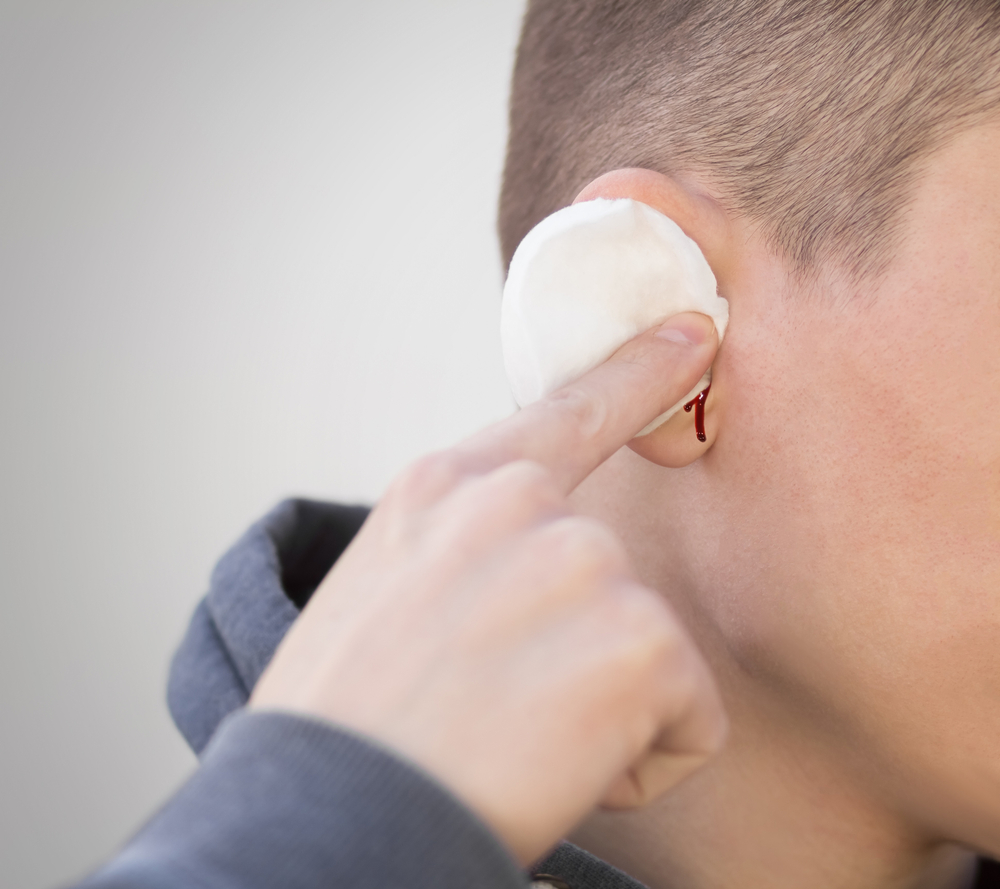You may have noticed that your hearing isn’t what it used to be. Whether it’s struggling to understand conversations in a crowded room or cranking up the TV volume more than usual, the signs of hearing loss can be subtle at first. But hearing loss is an increasingly common concern that doesn’t just affect older individuals. If you’ve been wondering whether your hearing health should be a priority, the answer is likely yes.
Hearing loss is more common than you think
Hearing loss isn’t an isolated issue—it’s a growing global concern. According to the World Health Organization, hearing loss is on the rise worldwide, and it’s affecting younger populations more than ever. The Centers for Disease Control and Prevention (CDC) estimates that 1 in 4 adults in the U.S. shows signs of noise-induced hearing loss. In Canada, the situation is even more alarming, with 38% of adults affected.
This isn’t just an aging problem—it’s a broader societal issue linked to our increasingly noisy environment.
Why is hearing loss happing earlier in life?
It’s a common misconception that hearing loss is solely a problem for older adults. In reality, the majority of hearing loss cases are preventable, and many of the issues begin much earlier in life. Studies have shown that the main cause of sensorineural hearing loss (the type commonly associated with aging) is actually prolonged exposure to loud noise. This means that hearing damage can start long before people are even aware of it.
How early does hearing loss start?
- At Birth: About 2 to 3 out of every 1,000 children are born with a detectable amount of hearing loss in the United States (NIDCD).
- Teenage Years: By the time children reach their teenage years, approximately 12% show signs of hearing impairment (NIDCD).
- Adults in Their 30s: Men in their 30s are 33% more likely to experience hearing loss compared to women, not due to age, but due to lifestyle factors (Forbes).
- 40s: By the age of 40, nearly 25% of individuals begin to experience hearing decline (Forbes).
- 60s and Beyond: While about 13% of people aged 60 and older have noticeable hearing loss, many have been dealing with undiagnosed hearing issues for years, often without realizing it (Forbes).
What are the main causes of hearing loss?
While aging plays a role in hearing decline, noise exposure remains the leading contributor to early hearing loss. Various factors can damage the sensitive hair cells in your inner ear, leading to permanent hearing impairment.
Excessive noise exposure
Prolonged exposure to loud sounds is one of the most significant risk factors for hearing damage. If you’ve been exposed to high levels of noise over time, whether at work, at home, or through personal listening devices, it could eventually result in hearing loss. Here are some common sources of noise that could be affecting your hearing:
- Motorcycles, construction equipment, and industrial machinery
- Loud music through headphones or earbuds
- Concerts, nightclubs, and loud social environments
- Daily noise like traffic, machinery, and air conditioning
Even brief exposure to certain high-intensity sounds, like a gunshot or firecracker, can cause immediate, irreversible hearing damage. If you’re consistently around loud sounds, it’s crucial to take protective measures.
Over-the-counter pain medications and hearing loss
Research has shown that regular use of common painkillers like aspirin, ibuprofen, and acetaminophen can increase the risk of hearing loss. A 30-year study found that men who used these painkillers regularly had a higher risk, with those under 50 at particularly high risk. If you rely on pain medication frequently, it may be time to explore alternative treatments with your healthcare provider to protect your hearing in the long run.
The impact of poor nutrition on hearing health
Eating a balanced diet is crucial not just for overall health but for your hearing too. A study from Johns Hopkins found that children who were malnourished had a significantly higher risk of hearing loss in their 20s. A healthy diet supports blood flow to your ears and helps maintain optimal hearing function.
How physical fitness affects hearing
Exercise plays a role in maintaining good hearing. Regular physical activity helps improve circulation, lowers blood pressure, and reduces the risk of conditions like diabetes—all of which are linked to hearing health. A 30-year study involving 60,000 women found that those who exercised had a reduced risk of hearing loss, with those walking as little as two hours per week lowering their risk by 17%.
The dangers of earbuds and headphones
With the increasing use of earbuds and headphones, particularly among younger individuals, hearing loss is becoming a significant concern. When music or podcasts are played at high volumes through these devices, it can cause irreversible damage to your hearing.
If you must use earbuds, make sure to keep the volume at safe levels and limit the time spent listening.
What are signs of hearing loss to watch for?
Hearing loss doesn’t happen overnight—it’s a gradual process that often goes unnoticed until it reaches a more advanced stage. Some early warning signs include:
- Frequently asking others to repeat themselves or speak more clearly.
- Struggling to follow conversations in noisy or crowded environments.
- Increasing the volume on your TV, radio, or mobile devices without realizing it.
- Difficulty hearing consonants or speech sounding muffled.
- Withdrawing from social interactions due to trouble hearing.
Why regular hearing tests are important
Recognizing hearing loss can be difficult, as many signs develop so gradually. Regular hearing tests are the best way to catch problems early and get the treatment you need. These tests establish a baseline for your hearing health and can identify changes over time. Even if you don’t notice any issues, a hearing evaluation from an expert will provide valuable insights into your ear health.
Find a hearing specialist near you to schedule a hearing test.
Protect your ears and prevent further damage
If you’re concerned about your hearing, there are several ways to protect your ears and prevent further damage:
- Wear Ear Protection: Earmuffs and earplugs are effective ways to block out harmful sounds. Whether at work, at a concert, or during your commute, always use ear protection in loud environments.
- Monitor Noise Levels: Download an app that measures the decibel levels of the environments you’re in. Awareness of noise exposure can help you take action before it becomes a problem.
Taking proactive steps to protect your hearing will ensure that you can continue to enjoy life’s sounds for many years to come.



